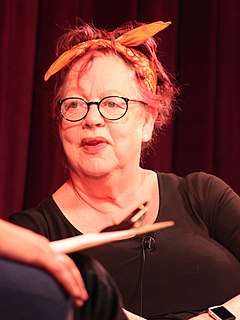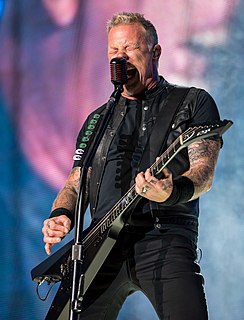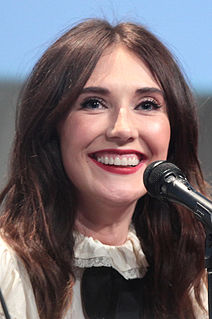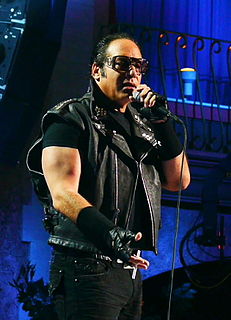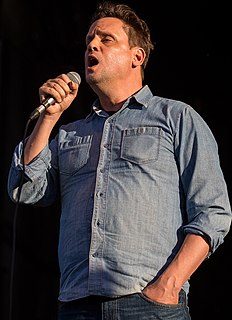A Quote by Viola Davis
I always talk to all the crew. I always make it pleasant. I always nurture a relationship that makes people feel like they're important, like they're a part of the collaboration. I feel that way about the young actors on set. I don't talk to them like I'm the mentor; I talk to them like they're my peers. And I learned that from Meryl Streep.
Related Quotes
I know there are certain men that hate women or don't like women, and in order to make women feel small, they tend to isolate them when they bully them. And women are often humiliated by it and feel they can't do anything about it. So my advice to women would be: there's always support around for those sorts of things and if you feel you're isolated in any way, or being bullied, you must talk to someone about it.
I feel like I'm doing something that's worthwhile. I feel like I'm showing something other people haven't shown. I don't get to talk to the people who I photograph, I just go, along, banging away. So I don't really have a relationship with them. A lot of people think it's very important. I don't. It's like love at first sight. I have an impression when I see somebody, and I have an idea of who they are, or what they are.
It's funny: when people always talk about the importance of role models, I used to think that was so exaggerated, but as I get older, I start to realize I don't feel that way so much anymore. If you see somebody like you who's doing something, an older version of what you are, it does make you feel like it's more possible.
I like to talk about my challenges as they relate to all of us, and I try to leave them with a sense of what it feels like to succeed at something and to arrive at a goal. I talk a lot about finding that thing that you feel is important to you, that's your calling, and about the reward you will get from staying with it, no matter what the challenges are.
I do feel like I owe something, but not to the industry. When you say "industry," I think of a group of people who don't really care much about you and treat you as a commodity. So, in that regard, I don't feel like I owe anything. But the people who've always been supportive of me and have always seen me for my greatest potential-those are the people who I feel like I owe something to. I feel like I am their voice. I owe it them to represent them in a way that they can be proud of.
I definitely isolate, but I also always have people in front of me, and I have to be OK with that. I'm in a business where, on the set, you're around two hundred people every day, and if you're high on the call sheet, you sort of set the tone for the set. And you want people to feel appreciated, and you want to ask them how their kids are. You want to talk to people and invest in them and let them know that they're appreciated and heard. But then I do like to just kind of withdraw.
If a fan approaches me and I feel like they have some kind of agenda, I'm probably gonna get real closed-off and not talk to them. But if I feel a connection with someone, or if I feel a certain trust with somebody, I feel like, 'You know what, I can open up to this person and tell them about an experience.'



